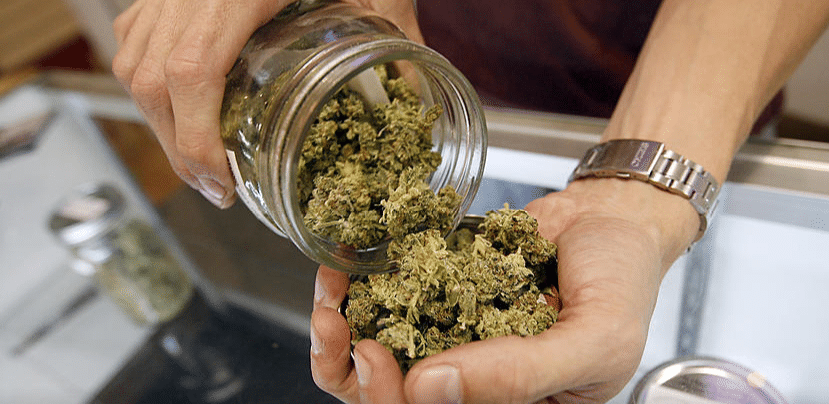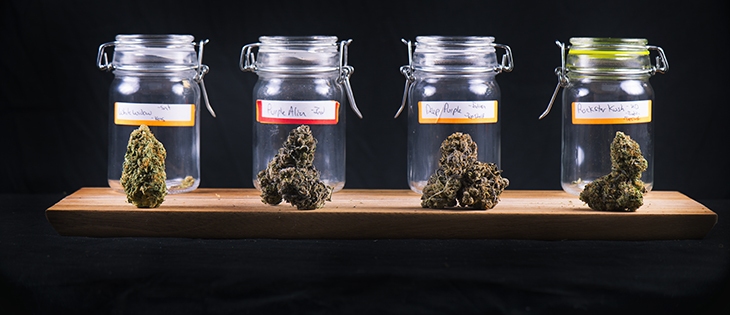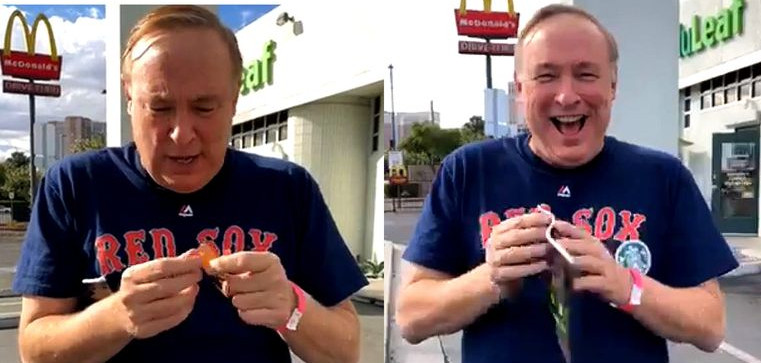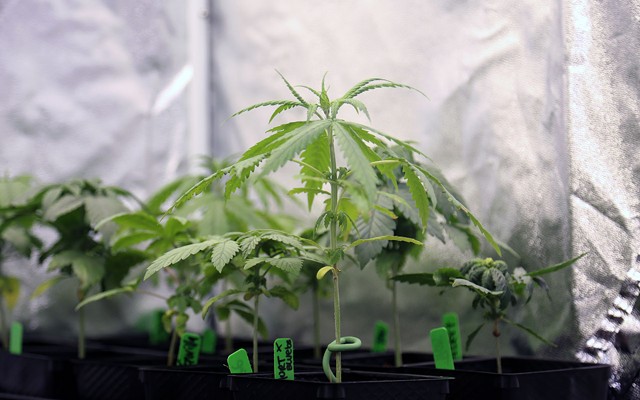BOSTON (CBS) – Get your bongs ready – the Massachusetts law legalizing commercial marijuana for “recreational” use is a done deal, likely headed to the governor’s desk for final action later Thursday.
You may already have seen the headlines – a tax rate of up to 20%, and a plan to let communities that voted to legalize pot last fall approve local shops by a vote of the local governing body, while cities and towns that voted no must approve pot shops in a local referendum.
But there’s a lot more to this bill than just that. We took a deep dive into the details and here’s what we found.
Lots of fine print remains to be worked out, but there’s one clear winner here right out of the box – government bureaucracy and the sub-contractors who make money off it.
The five full-time members of the new Cannabis Control Commission will make nice six-figure salaries of up to $160,000+. And they’ll oversee a robust new bureaucracy, including a 22-member cannabis advisory board and a 13-member commission on buzzed driving.
They’re unpaid but will have great influence over new rules governing a projected billion dollar industry, with all of the work for lawyers, lobbyists and consultants that comes with it.
And this new bureaucracy will have swee
ping power over individual pot businesses. They can inspect or audit them at any time.
They’ll conduct an annual review of the tax rate and local communities can try to cut deals for higher taxes.
And these businesses face the future prospect of complying with “energy and environmental standards” that are yet to be specified.
And what will the commercial pot landscape look like?
Remember that anti-legalization TV ad last year that painted a dystopian picture of kids ogling pot edibles, strip malls crowded with stoners, and overburdened police?
The ad was especially memorable for a moment when a distraught mom runs into her son Kevin emerging from a pot store with a bag of edibles, but unless the claim was that Kevin is over 21, that scene is illegal under the new law.
It bans marketing to kids with mascots, cartoons, or celebrity sponsorships, along with giveaways, coupons, or neon signs.
Where can they advertise? Not in any venue with an audience that’s less than 85% adults.
College newspapers may be out of luck, but how they’ll police the demographics of other venues is a mystery.
With all that regulation and taxation, will legal pot turn out to be the pot of revenue gold proponents predicted?
credit:boston.cbslocal.com













